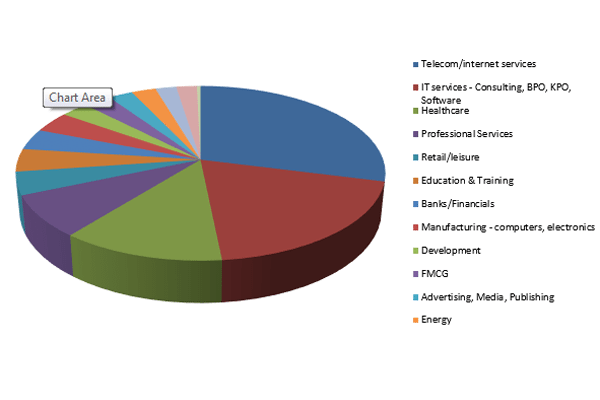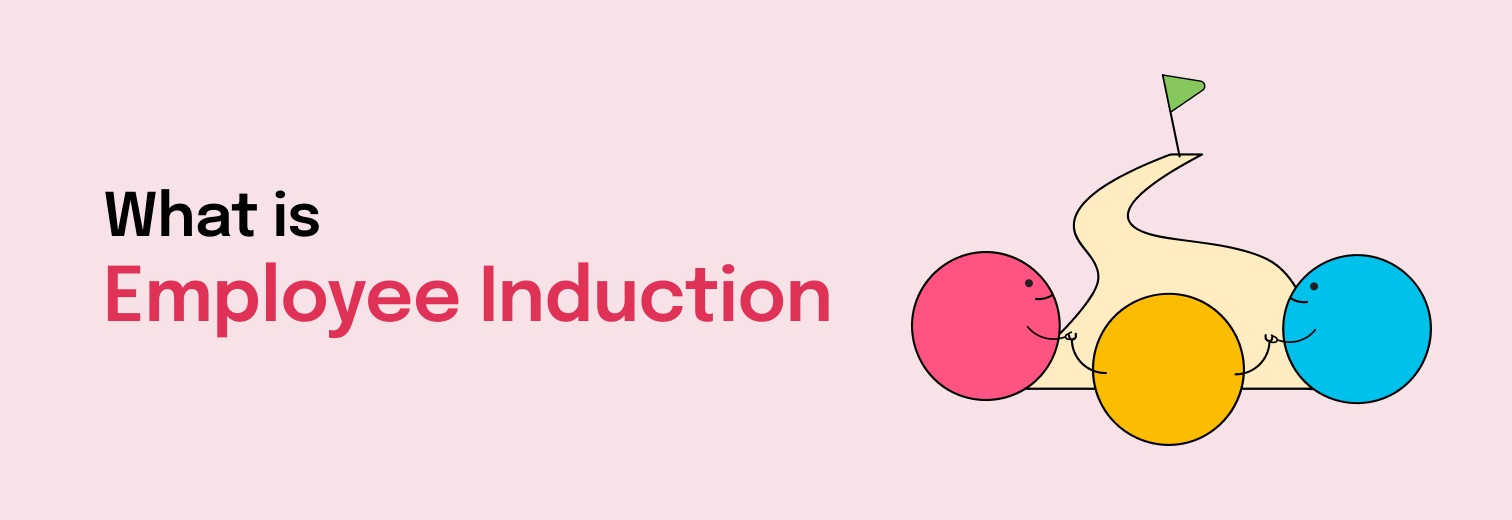The below article has been contributed by Chandrika Pasricha, Founder & CEO of Flexing It
I turned entrepreneur last year with the launch of Flexing It, a marketplace for skills, and since then have been curious about, and actively watching the ecosystem that encourages new businesses and innovation in India.
There is clearly a lot of activity in the start-up space: some estimates state that there are an estimated 8000 entities expected to start operations every year! This is a large number by any yardstick and initiatives like the ‘10,000 Start-ups’ launched by NASSCOM are supporting the desire of young professionals to create real wealth by being discontinuous. In fact, over the past few years there has been a rising trend in the proportion of the graduating classes of India’s top MBA schools towards starting an entrepreneurial venture vs. joining a large organisation.
Source: 10000startups
The support system for entrepreneurship in India also seems to be scaling up with the launch of new incubators and accelerators to provide access to mentorship and networks, the growth in angel and entrepreneur networks, and of course the increase in funding. According to data from Venture Intelligence, venture capital (VC) and private equity funding of start-ups in the early-stage has gone up 50% over the last two years.
Given all this activity and noise, I am constantly surprised by just how very concentrated the pockets of entrepreneurship and innovation seem to be!
First, geographically, the start-up story seems to be highly concentrated in a handful of cities. Bangalore and Delhi/NCR accounted for nearly 70% of all the early-stage investing in 2012. An analysis undertaken by Flexing It of the portfolios of 15 venture capital firms corroborates this with Bangalore, Delhi, and Mumbai comprising 70 per cent of the location base, followed by Chennai, Hyderabad and Pune.
We can see this geographic concentration in terms of where the majority of incubators and accelerators are located (50%+ in the same 3 cities!). However if the efforts of various college-supported incubators in a greater number of locations (Ahmedabad, Cochin, Pilani, Kharagpur, etc) bear fruit we should hopefully start seeing a more disparate pattern in terms of geographic bases of ventures.
Second, technology and the internet seem to be driving this wave of entrepreneurship. In the analysis of the portfolios of 15 venture capital firms which amounted to a list of nearly 280 odd start-ups across the country, it was interesting to observe that approximately 30 per cent of the start-ups analysed are internet-based, while IT services including BPO, KPO and software services occupy an additional 20 per cent. Healthcare and professional services sectors follow at 12 and 7 per cent respectively. The proliferation of internet start-ups has been driven by a combination of young consumers comfortable with technology, coupled with the ability to scale across geographies in a considerably short period of time and with lower investments.
Source: Pixabay
Third, the source of entrepreneurs also seems concentrated in the IITs and IIMs. Thomson Reuters analysed about 316 companies funded both by angel investors and VC’s since 2010 in technology which had a total of 478 founders and co-founders. Of those, 228, 47% came from the IIT’s and IIMs. That’s a great degree of concentration even for funded companies!
A recent Gall-up study showed India in the bottom quartile for culture and social capital for entrepreneurship, and at an innovation rank of (62 out of 125 nations. Therefore, in summary, this is clearly an exciting and energising time to be an entrepreneur. However to truly drive innovation and entrepreneurship we need to broad-base these trends geographically, sectorally and across backgrounds. Also, to truly create discontinuous innovation, the overall culture and ease of doing business in India needs to improve.
Chandrika is the Founder & CEO of Flexing It, which is a recently launched marketplace for short-term and flexible skills in India. Prior to this, she has been a management consultant for over 15 years in both India and the US, with the bulk of that time spent with McKinsey & Co. While nurturing Flexing It, Chandrika continues to take on limited consulting assignments as well with healthcare and development forming her areas of focus.












